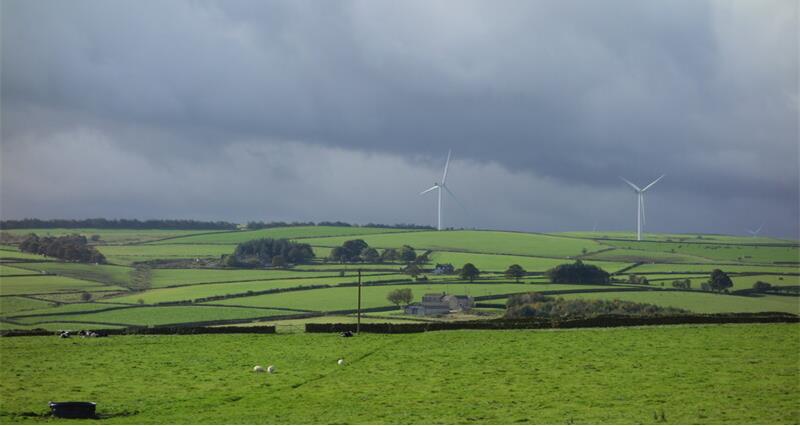1. Deals can be done
- The flagship finance deal reached at COP29 also re-affirmed the Paris Agreement aims to тАШfoster climate resilience and low greenhouse gas emission development in a manner that does not threaten food productionтАЩ. Investing in agriculture to reduce GHGs, for food security, to adapt to climate impacts is a good return on investment.
- Global carbon trading rules were also finally agreed at COP29. Now they must actually work for farmers in practice, prioritising farmersтАЩ rights and considering the diversity of farm systems.
2. Working together
- Co-operation, not competition, is critical. In this climate space, farmersтАЩ organisations from across the world must work together to have any chance of success. They have more in common than that which might divide them.
- A more positive narrative on agriculture and climate change. The IPCC (Intergovernmental Panel on Climate Change), the United Nations body assessing the science related to climate change, wants to build a much closer relationship with farmers and get better at communicating its science.
3. Agriculture is different but integration is important
- Agriculture is quite different from other sectors of the economy because it is both a source and sink of GHGs and because of its vulnerability to extreme weather. So, itтАЩs important that agriculture stays on the formal negotiationsтАЩ agenda, even if sometimes it feels like the light is at the end of a very long tunnel. But we must also get farmers integrated into other key agenda items, for example on carbon markets, тАШjust transitionтАЩ and on finance.
- Cries of тАШkeep it in the groundтАЩ rang out across the COP29 venueтАж.showing that the focus on replacing oil, gas and coal with renewables is the only way forward. However, a spotlight was also shone on agricultural emissions as the UN Environment Programme reported on methane and nitrous oxide.
- ItтАЩs time to stop saying тАШitтАЩs important to have farmers at the tableтАЩ. Just give them a seat at every table at all levels, whether local, national, or international. FarmersтАЩ participation in the process is critical in realising the potential of the sector for mitigation and adaptation, so governments must involve farmers in the development of the next set of climate plans.
4. Presidency's action agenda
- Many governments, including the UK, signed several COP29 Presidency Declarations which offer opportunities for agriculture including:
- which aims to maximise climate, circularity and food and nutrition security benefit and strengthen the bioeconomy
- encouraging collective action by 2030 to increase energy storage in the power sector by over six times the level of 2022
- Building on agri-food initiatives from COP26-28, the тАШBaku Harmoniya Climate Initiative for FarmersтАЩ will empower farmers for climate resilience, with a plea for all nations to include agri-food climate support in their new climate plans.
The FarmersтАЩ Constituency is already thinking ahead to the UNFCCCтАЩs finance committeeтАЩs workshop next year on financing sustainable food systems and agriculture and then to COP30 (Belem, Brazil).
Agriculture, nature and ambitious climate plans will likely to be high on the Brazilian presidencyтАЩs agenda.



